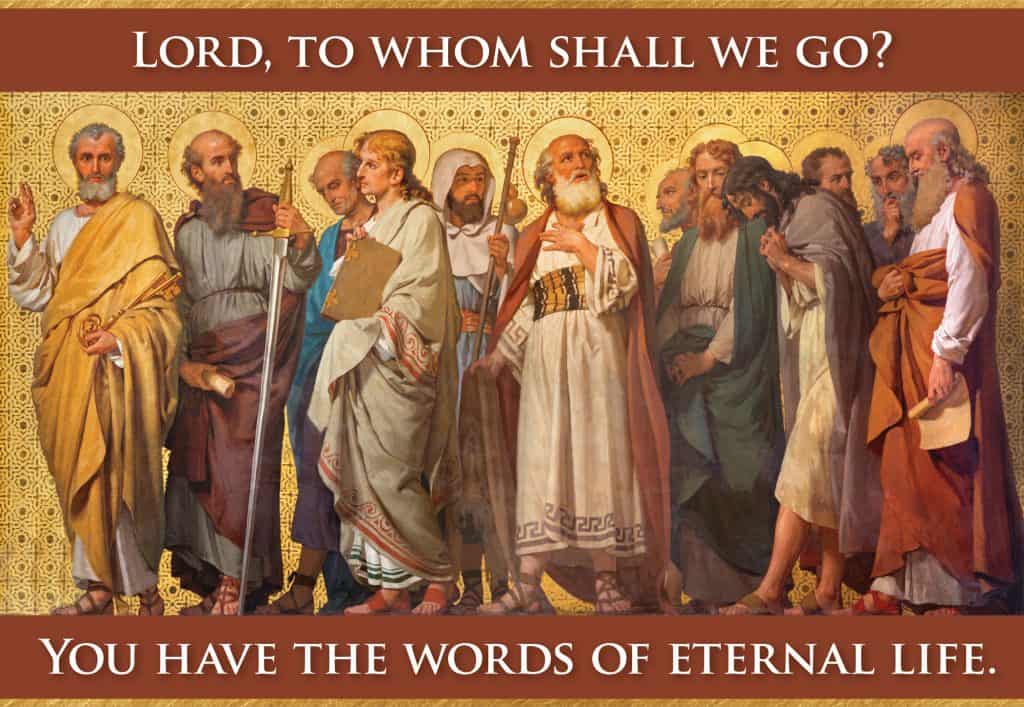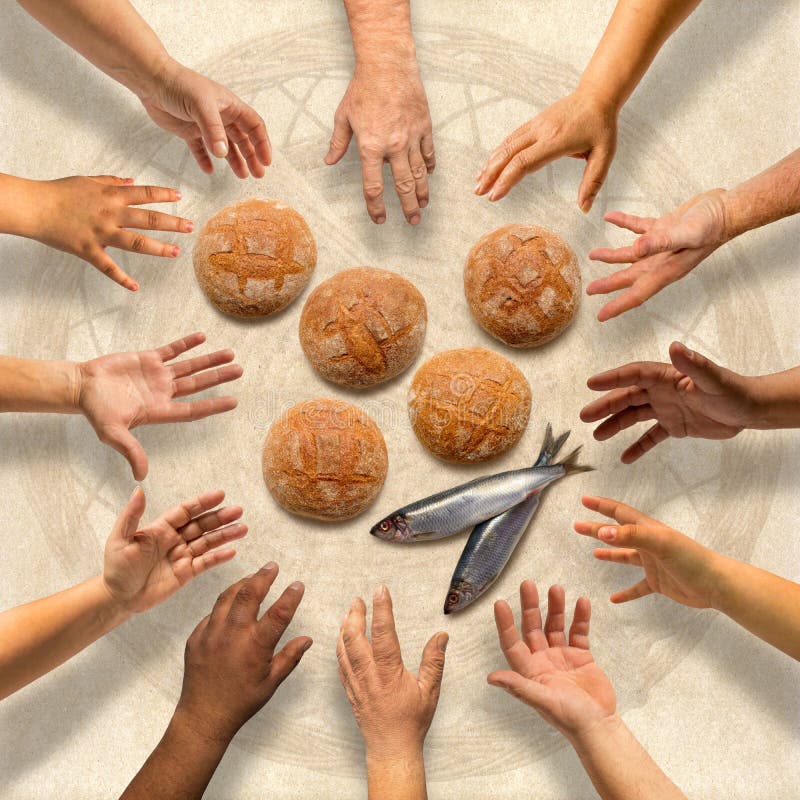
23rd Sunday in Ordinary Time B
Readings: Isaiah 35:4-7 James 2:1-15 Mark 7: 31-37
“Did not God choose those who are poor in the eyes of the world to be rich in faith and heirs of the kingdom he promised to those who love him? (James 2:5). Today’s readings announce the coming of God’s kingdom, foretold in Isaiah and realized in Jesus, who brings God’s justice for the infirm and oppressed. As people of faith in God’s kingdom brought by Jesus, we are called to live by a new standard of justice based on God’s special love for the poor. We pray in the opening verses of our responsorial psalm: “The God of Jacob keeps faith forever,/ secures justice for the oppressed,/ gives food to the hungry./ The Lord sets captives free” (Ps 146:7).
The Old Testament reading from Isaiah is a prophetic commission to announce God’s salvation to a frightened group of returning Jewish exiles. “Say to those whose hearts are frightened:/ Be strong, fear not!/ Here is your God, he comes with vindication;/ with divine recompense he comes to save you.” In God’s name, the prophet is to promise wondrous healing for the infirm. “Then will the eyes of the blind be opened,/ the ears of the deaf be cleared;/
Then will the lame leap like a stag,/ then the tongue of the dumb will sing.” God’s coming kingdom will also turn the barren deserts of Judah into a delightful garden with “streams” and “rivers,” “pools” and “springs of water.”
The Epistle from James exhorts the Christian to avoid favoritism because it is contrary to faith “in the Lord Jesus Christ glorified.” James’ example is a stunning illustration of the way that worldly standards conflict with those of the kingdom of God. In the world, the fashionably dressed, wealthy person invariably receives deferential treatment, while the poor, shabbily clad, is ignored or shoved aside. But in the Christian assembly, we are not to discriminate in this way because God has consistently chosen the poor “to be rich in faith and heirs of the kingdom.”
In Mark’s Gospel selection Jesus fulfills the prophetic expectations of the Isaiah reading by healing a deaf and dumb man in the Gentile “district of the Ten Cities” but then mysteriously commands secrecy about the action. For Mark, Jesus is both the powerful, healing Messiah, promised in the prophets, but also the poor, suffering servant, who will not be fully revealed until his cross and resurrection. In this selection, Jesus responds to the people’s begging for a healing, but he takes the deaf and dumb man “off by himself away from the crowd.” In the healing itself, Jesus uses physical gestures and his Father’s power as he commands that the deaf man’s ears be opened in fulfillment of Isaiah’s prophecy. “He put his fingers into the man’s ears and, spitting, touched his tongue; then he looked up to heaven and emitted a groan. He said to him, ‘Ephphatha!’ (that is, “be opened!”) At once the man’s ears were opened; he was freed from the impediment, and began to speak plainly. But, once he has cured the man, Jesus again enjoins the crowd not to tell anyone. They, however, are amazed at Jesus and at a certain level realize that he is bringing the long anticipated Messianic age. They proclaim: “He has done everything well! He makes the deaf hear and the mute speak!”
Upon his entrance into Jerusalem, the crowds will again acclaim Jesus as the powerful Messiah (see ch. 11), but later they will be unable to accept him as the poor, crucified Messiah at the crucifixion. “Those passing by reviled him, shaking their heads and saying, ‘Aha! You who would destroy the temple and rebuild it in three days, save yourself by coming down from the cross’” (Mk 15:29-30). As we rejoice in Jesus’ bringing the kingdom to the needy and infirm, we also remember that this same mission will take him to the cross.


 The Assumption (August 15)
The Assumption (August 15)